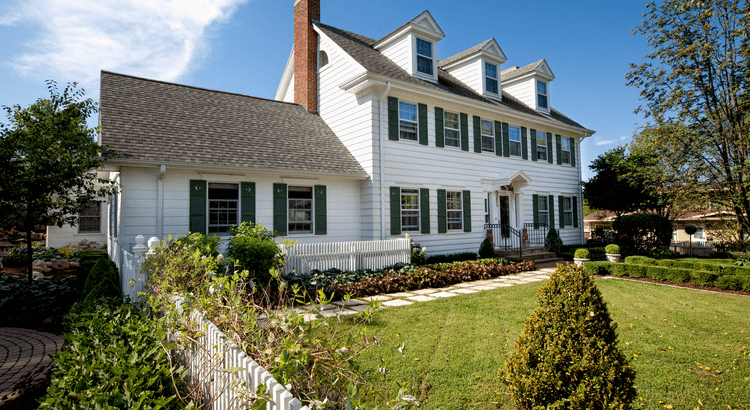
Why More People Are Buying Multi-Generational Homes Today
Today, 17% of homebuyers are choosing multi-generational homes — that’s when you buy a house with your parents, adult children, or even distant relatives. What makes that noteworthy is that 17% is actually the highest level ever recorded by the National Association of Realtors (NAR). But what’s driv
Buying Beats Renting in 22 Major U.S. Cities
Buying Beats Renting in 22 Major U.S. Cities That’s right—according to a recent study from Zillow, in 22 of the 50 largest metro areas, monthly mortgage payments are now lower than rent payments (see chart below): As mortgage rates have eased off their recent peak, home prices have moderated, and in

Why Buying Now May Be Worth It in the Long Run
Why Buying Now May Be Worth It in the Long Run Should you buy a home now or should you wait? That’s a question a lot of people have these days. And while what’s right for you is going to depend on a lot of different factors, here’s something you’ll want to consider as you make your decision. As soon
Categories
Recent Posts












